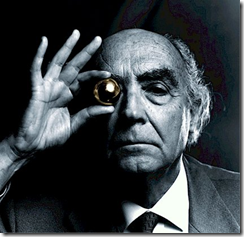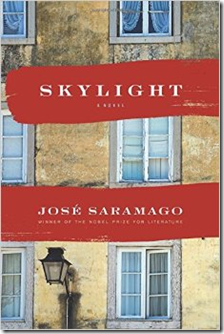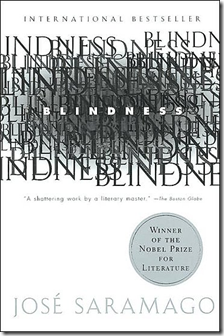It's better to love because it makes you better than other people, which is extremely satisfying.
/I have friends who didn't like the new Star Wars film. Despite admitting that there were moments of enjoyment while watching the movie, they nitpicked it to death after the fact and declared the whole thing a failure.
I think they're crazy.
I embraced my inner child (which is admittedly a sizable part of my interior) and adored every bit of the film. It made me feel like a boy again. It brought back memories of sitting in the carpeted aisle at The Stadium in Woonsocket, Rhode Island in 1977 and seeing Star Wars for the first time. My heart soared at the appearance of Han Solo. I felt absolute joy upon seeing the X-Wing fighters fly into battle for the first time. I experienced genuine heartbreak at moments that will go unmentioned here in case you haven't seen the film yet.
But I didn't try to argue with my friends about the greatness of the movie. I didn't attempt to convince them that they were wrong. I didn't defend my opinion in any way.
Why?
I'm always extra happy to discover that I love something that someone else cannot.
Never be embarrassed about the things that you love. If you adore the music of Justin Bieber, then the world is a little brighter for you than it is for me. If you think Taco Bell makes the best tacos in the world, then you have inexpensive, readily-available, world class food available at thousands of locations across America.
Lucky you.
It's a wonderful feeling to know that you're living in a bigger, brighter, more beautiful world than the next person.



